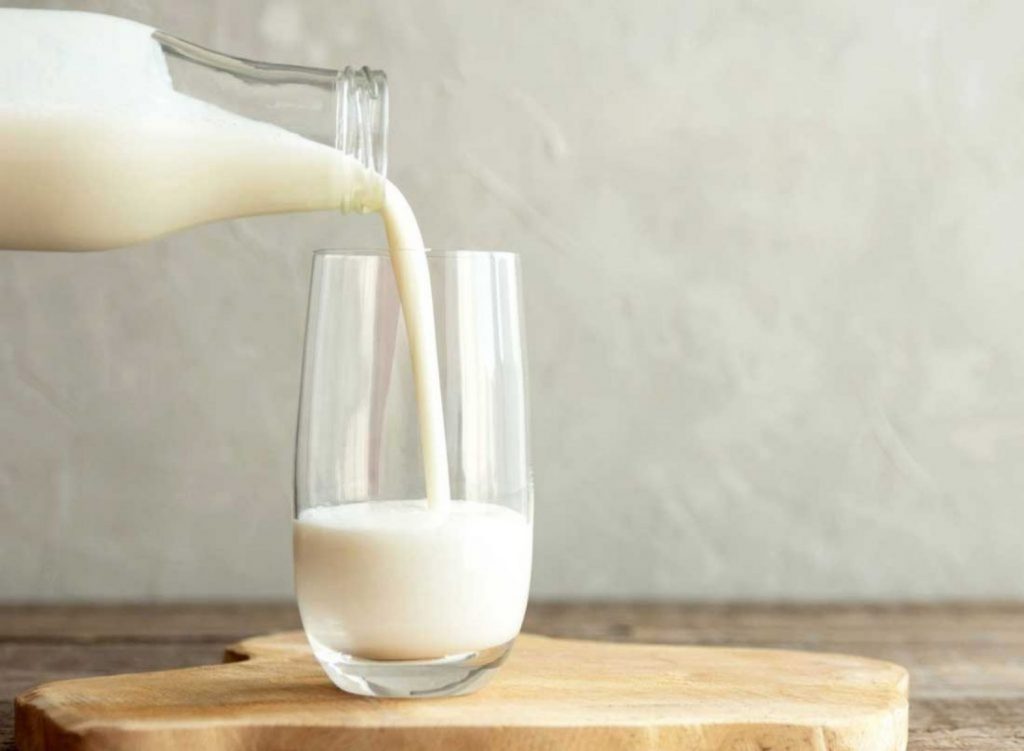Drinking milk is always recommendable for a healthy body. Milk is rich in nutritional values that offer fantastic health benefits to our body. It provides calcium for our bone health. However, recent studies have found that the same milk, which is overwhelmingly nutritious, also has some harmful effects on the human body. Several negative effects of drinking milk has come to the light. It sounds shocking. Before accepting the claims, let’s first verify them by ourselves.
Negative Effects Of Drinking Milk
1. Not Everyone Can Tolerate Lactose

Not everyone can handle the lactose found in dairy milk. Every human body cannot digest it. People who suffer from this indigestion are termed as lactose intolerant. People with poor lactose tolerance can suffer from side-effects by consuming milk or any dairy product. The side-effects may include gastric, vomiting, bloating, diarrhea, and joints pain.
Note: Milk is essential for children, even with lactose intolerance. You should consult a physician and plan a regulated intake of milk to balance the nutrients and prevent the symptoms simultaneously. Also, there are lactose-free dairy products healthy for the lactose intolerant people.
2. Risk Of Multiple Skin Disorders

Whey protein and casein also induce the secretion of IGF-1 hormone. This hormone is very similar to insulin. However, it promotes acne formation on the face and body. Some people with regular milk intake show the signs of skin inflammation and sudden acne breakouts.
Note: The effects are different from person to person. You should consult a dermatologist to plan a regulated intake.
3. Contains More Than Required Calorie Intake

Milk is a rich source of dozens of nutrients and also a source of calories. A cup of 2% milk consist of 120 calories. Eventually, a glass of milk will add 360 calories, which is 20% of the total calories recommended for a human body in a typical day. It is added to the calories gained through other food sources in the day. Thus, making the overall intake far more than what you require.
Note: Plan your daily diet according to the whole milk and dairy products you consume in the day-to-day.
4. Can Cause Osteoporosis In Older Adults

Osteoporosis is a slowly spreading disease in which bones weaken, lose mass, and constituent minerals over a gradual time. The time and cause of this disease are different in individual persons. It is most common in older women after menopause. It gradually decreases bone health and increases the chance of bone fracture.
Note: The role of milk and dairy products in escalating this disease is highly controversial. Some physicians believe milk is responsible, while the majority decline it as a myth—those who support milk state “our body digest and releases calcium from our body in different forms. If the released calcium is not compensated, the body replenishes it from the bone, making bones weaker. So, milk does not cause osteoporosis but prevents it.”
5. Risk For Multiple Types Of Cancers

Some studies claim that dairy products may cause an increased risk of prostate cancer, testicular cancer, ovarian cancer, and breast cancers. In postmenopausal women, they claim a very high risk. However, this other side argues that milk prevents different types of cancers like colorectal cancer; protein, vitamin D, and lactic acid in milk prevent it.
Many studies suggest that unregulated milk and dairy products may increase prostate cancer risk. It is because of the bioactive compounds found in milk, such as calcium, estrogen hormone, and IGF-1 hormone.
Note: Different studies have found that milk and dairy consumption is responsible for preventing and causing various cancers. The effects are different from people to people. It is better to be safe than sorry. You should moderate your dairy consumption and plan a balanced intake because there is strong proof that milk is more beneficial than harmful.
6. Excess Calcium Intake Is Not Good

Some studies claim that the amount of calcium that milk provides is too overwhelming for the kidney to function. As a result, the undigested calcium coagulates and forms calcium oxalate stones. However, most studies have found that low calcium intake is not a wise option to prevent kidney stones. Reducing milk consumption increases other risks and bone disorders. The calcium from milk helps regulate animal protein in the body. Omitting milk and depending on animal protein increases the chances of kidney stones.
Note: There is no strong evidence that milk calcium can cause kidney stones. Instead, there is strong proof that milk calcium reduces the chances of kidney stone formation.







